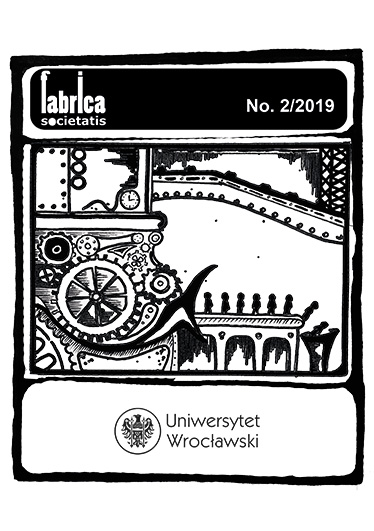

Artykuły

In 2013, the authors participated in the international research grant titled “Towards the Comparative Sociology of Beauty: The Transnational Modelling Industry and the Social Shaping of Beauty Standards in Six European Countries”, which was carried out in Amsterdam, at the Institute for Social Science of Research (University of Amsterdam), under the direction of Professor Giselinde Kuipers. Some of the respondents in Poland were women, whose early adulthood took place in the times of the Polish People’s Republic and the subsequent regime change. After the research had been concluded, the authors decided to devote more attention to them, and conducted additional interviews with women over fifty, with tertiary education, living in large or medium Polish cities. In this article, strategies of pursuing beauty in the context of the shortage economy of the Polish People’s Republic are presented. Based on in-depth interviews, the analysis is framed in terms of bricolage, a term coined by Claude Lévi-Strauss, as well as of homo eligens and homo egens, which are concepts developed by Polish sociologists. The aim of such applications is to systematise studies
on lifestyles.

This work is licensed under a Creative Commons Attribution-NonCommercial-NoDerivatives 4.0 International License.